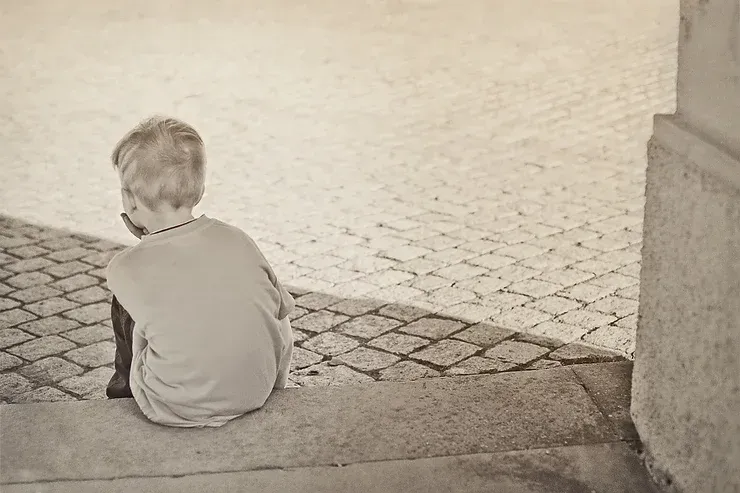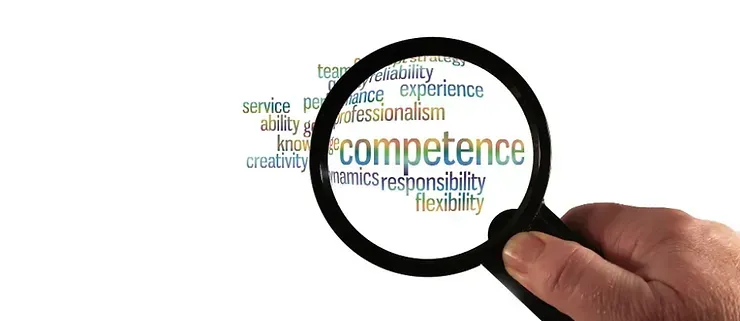How Your Unstable Childhood Sabotages Your Wellbeing
How Your Unstable Childhood Sabotages Your Wellbeing

Image by Esi Grünhagen from Pixabay
Having experienced a tumultuous childhood, I know all too well how negative childhood experiences can haunt us into and through our adulthood––unless we do something about it. In my own case, I was born out of wedlock in Canada, placed into an orphanage, and then adopted by an American couple. My mother died when I was in the fourth grade, and because of my father’s alcoholism, I spent the remainder of my youth either with my grandparents or with family friends.
While some people might never recover from such events and experience lifelong toxic stress, I was determined to make it––no matter what.
There have been numerous studies about Adverse Childhood Experiences (ACEs). According to “Joining Forces for Children,” the term came about when “In 1998, CDC-Kaiser Permanente published a groundbreaking study that investigated the impact of ACEs on physical and mental health problems in over 17,000 adults. originated in a groundbreaking study conducted in 1995 by the Centers for Disease Control and the Kaiser Permanente health care organization in California.”
Harvard University researchers noted in the document titled, “ACEs and Toxic Stress: Frequently Asked Questions,” that “ACEs” referred to three specific kinds of adversity children faced in the home environment—various forms of physical and emotional abuse, neglect, and household dysfunction. The key findings of dozens of studies using the original ACEs data are: (1) ACEs are quite common, even among a middle-class population: more than two-thirds of the population report experiencing one ACE, and nearly a quarter have experienced three or more. (2) There is a powerful, persistent correlation between the more ACEs experienced and the greater the chance of poor outcomes later in life, including dramatically increased risk of heart disease, diabetes, obesity, depression, substance abuse, smoking, poor academic achievement, time out of work, and early death.
A tough childhood can have various effects on individuals. Let’s explore a little deeper.
- Emotional and Psychological Impact: Unstable childhoods can lead to emotional and psychological challenges. Individuals may struggle with low self-esteem, self-worth issues, and difficulty trusting others. They may also be prone to anxiety, depression, and other mental health conditions.
- Attachment Issues: Instability in childhood can disrupt the development of secure attachment bonds with caregivers. This may result in difficulties in forming and maintaining healthy relationships in adulthood. Individuals may have problems with intimacy, trust, and establishing healthy boundaries.
- Behavioral Patterns: Unstable childhoods can contribute to the development of maladaptive behaviors. These may include impulsivity, aggression, substance abuse, or other forms of self-destructive behavior. Individuals may struggle with emotional regulation and have difficulty managing stress and conflict.
- Cognitive Challenges: Childhood instability can have an impact on cognitive development. It may affect the ability to concentrate, learn, and achieve academic success. Individuals may also have challenges with decision-making, problem-solving, and long-term planning.
- Physical Health Issues: Chronic stress and instability in childhood can have long-term physical health consequences. These may include a higher risk of developing cardiovascular problems, weakened immune system functioning, and increased susceptibility to various illnesses.
- Interpersonal Difficulties: Unstable childhoods can lead to difficulties in forming and maintaining healthy relationships. Individuals may struggle with communication, trust, and establishing secure connections. They may also repeat patterns of instability in their relationships, perpetuating the cycle.
- Socioeconomic Challenges: The instability experienced in childhood can have a lasting impact on an individual's socioeconomic status. Limited access to resources, education, and opportunities may contribute to financial struggles and hinder personal and professional growth.
It's important to note that while an unstable childhood can have lasting effects, individuals are resilient and can overcome these challenges with appropriate support, therapy, and personal growth. Seeking therapy or counseling can be beneficial in addressing these effects and working towards healing and developing healthier patterns in adulthood. Coaching can as well.











